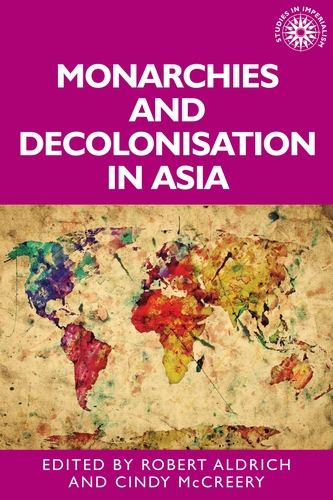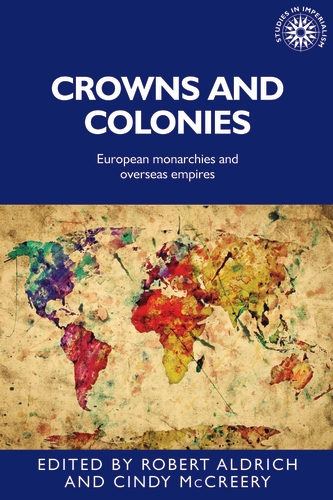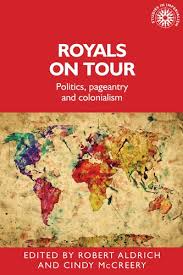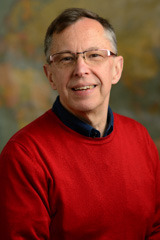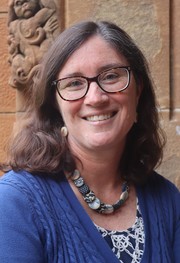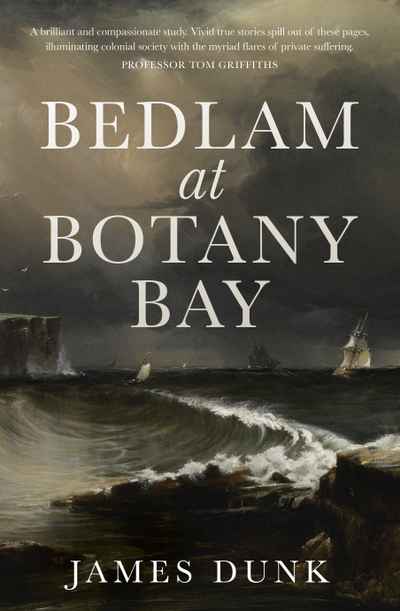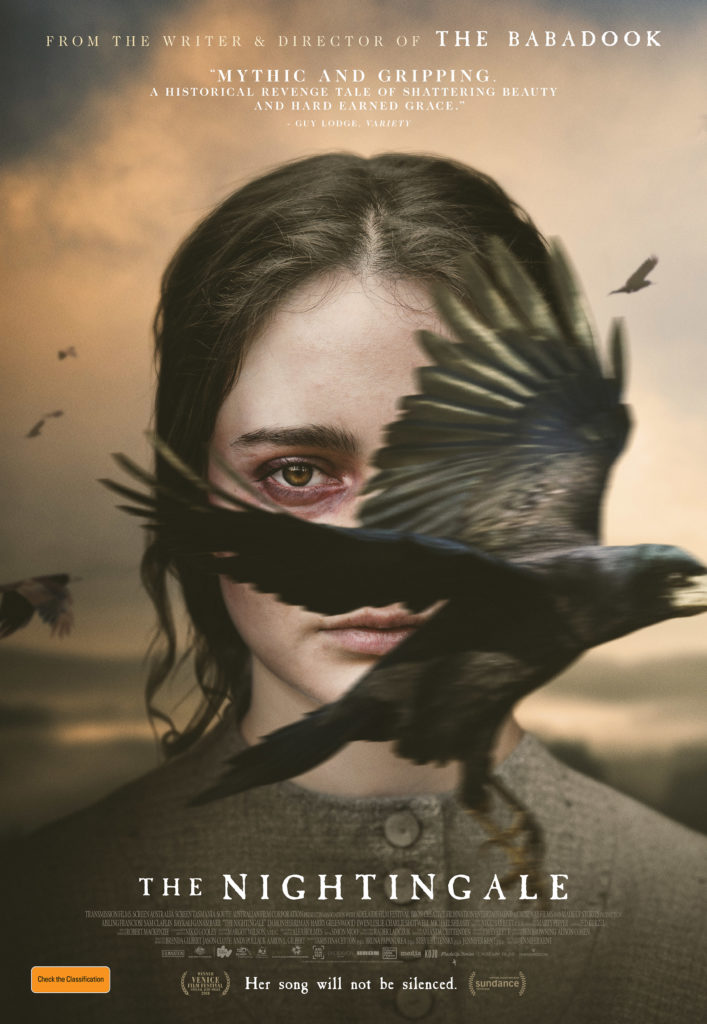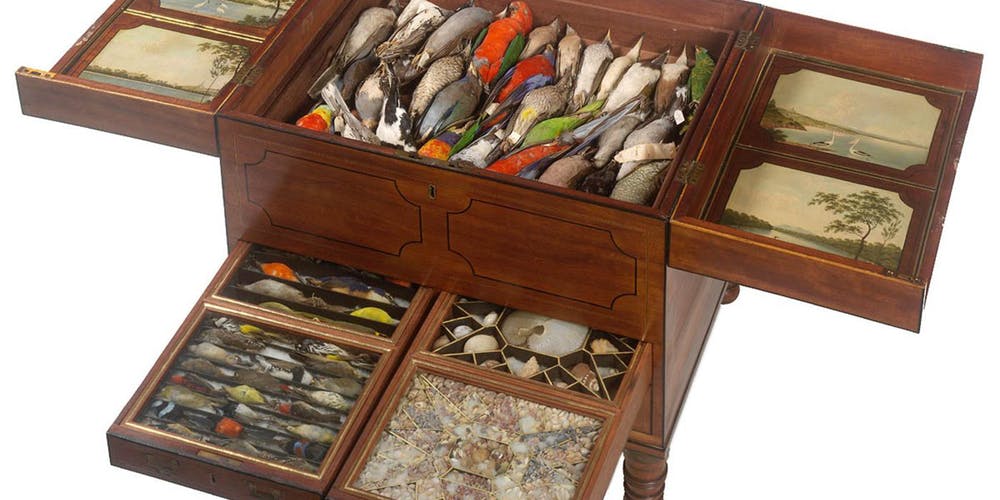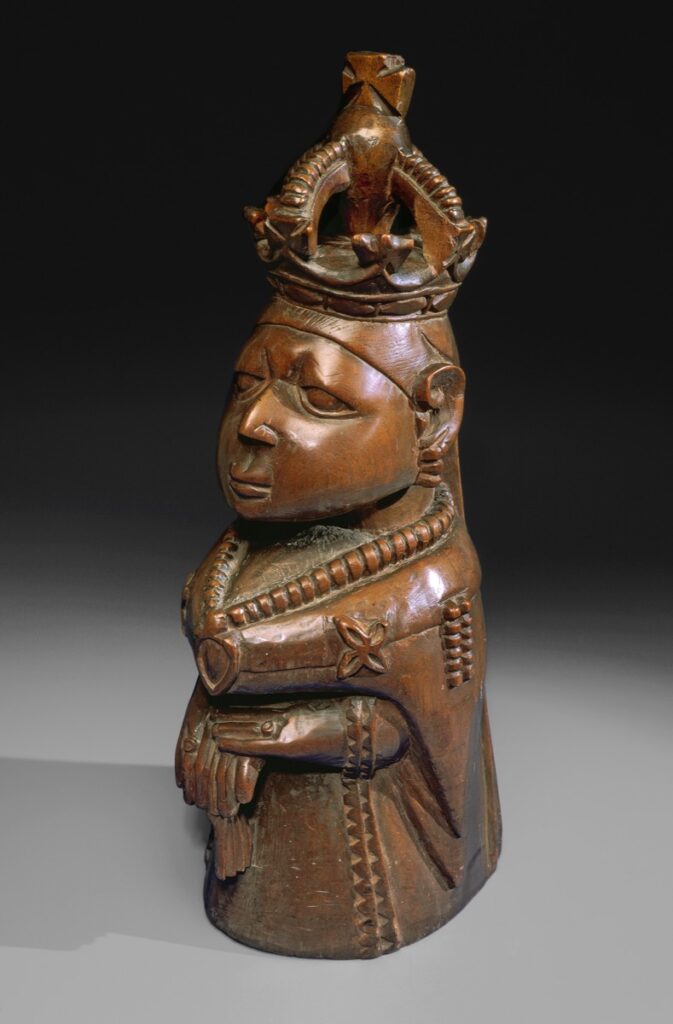
AFRICA. Nigeria / Lagos [?]. Cultural Group: Yoruba Aku [?] Saro [?] Local Name: Unknown. Materials: Wood Plant / ?.
Pitt Rivers Museum, University of Oxford. Acc. No. 1965.10.1.
For more details, see Pitt Rivers Museum
The recent decision by the High Court on the ‘palace letters’ – correspondence between Governor-General John Kerr and Queen Elizabeth II and her staff at the time of the dismissal by the Governor-General of Gough Whitlam as Australian Prime Minister in 1975 – has again focussed interest on relations between Australians and the monarchy. Though a referendum on a republic was defeated in 1999, largely because of disagreement about the mode of election of a non-royal Australian Head of State, the issue of the republic remains a live topic in political debate. Meanwhile, the British royal family remains constantly in the news, from reports about Harry and Meghan’s flight to the United States to accusations of sexual misconduct by Prince Andrew.
A major collaborative project in the Department of History, led by Professor Robert Aldrich and Dr Cindy McCreery, has shed new light on the history of monarchy in the modern world, and in particular, on crucial links between monarchies and colonies and on the role of monarchies in the process of decolonisation. Aldrich and McCreery have edited three volumes of papers on colonialism and monarchy, the most recent of which was published in June 2020, Monarchies and Decolonisation in Asia. It followed Crowns and Colonies: European monarchies and overseas empires (2016) and Royals on Tour: Politics, pageantry and colonialism (2018), all three books published in Manchester University Press’ prestigious ‘Studies in Imperialism’ series.
With a total of 45 chapters and 919 pages, these three volumes include contributions by Aldrich and McCreery, as well as by the Department’s Professor Mark McKenna and Dr Jim Masselos (a now retired member and current Honorary Reader), as well as a cohort of scholars who have studied history at the University of Sydney – Jean Gelman Taylor, Matt Fitzpatrick, Susie Protschky, Emmanuelle Guenot and Bruce Baskerville. Contributions to the volumes have come from specialists at several Australian universities and also from institutions in New Zealand, the United Kingdom, France, Belgium, the Netherlands, Italy, Portugal, the United States, Canada, India, Myanmar, Singapore, Hong Kong and Indonesia.
In addition, Aldrich and McCreery have edited a special issue of the Royal Studies Journal on visits to the Dominions of Australia, Canada, New Zealand and South Africa by British royals in the twentieth century. They have also engaged in individual work on modern monarchy, including Aldrich’s Banished Potentates: Dethroning and exiling indigenous monarchs under British and French colonial rule, 1815-1955 (2018). McCreery is currently completing a major study of the world tour of Prince Albert, Queen Victoria’s son, in the 1860s and 1870s. They have organised three conferences at the University of Sydney on monarchy and colonialism, with SOPHI financial support. Along with Dr Falko Schnike, Aldrich and McCreery organised an international conference on ‘Global Royal Families’, for which SOPHI provided partial funding, that was held at the German Historical Institute in London in January 2020 and that will also lead to publications. In first semester of this year, they taught an honours seminar on ‘modern monarchy’ in the Department of History.
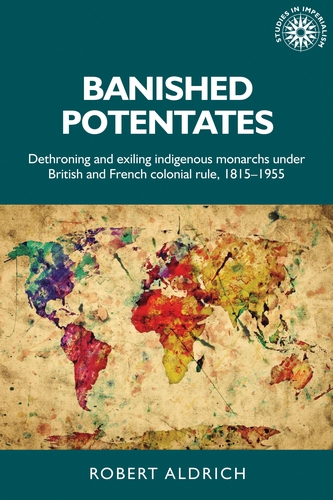
For Aldrich and McCreery, monarchy is often wrongly seen only as an anachronism in the twenty-first century world, or just as a theme for series such as ‘The Crown’ and tabloid news stories. However, several dozen countries around the world, including Australia, still have a monarch as a head of state, and in some countries, the sovereign rules as well as reigns, even wielding absolute power. Even in ‘constitutional monarchies’, hereditary sovereigns have ‘reserve powers’ (including the power to dismiss prime ministers directly or through their vice-regal representatives), even if they are rarely exercised, and other constitutional prerogatives. They are frequently seen as symbols of historical continuity and national unity, and as exemplars of national values. Many have enormous wealth, grand palaces and priceless collections of art, and they are at the centre of a large group of aristocrats, courtiers, providores, military personal and servants. They are celebrities, their private lives the subject of almost unbounded public curiosity.
Monarchy is one of the oldest and most widespread forms of government in the world, and in recent years there has been a renewed current systematic scholarly research on the subject to which Aldrich and McCreery and their collaborators have made a major contribution. They have provided new Australian perspectives on monarchy and, with new materials and approaches, have discovered the key role played by the crown and sovereigns – both indigenous and foreign – in the processes of colonialism and decolonisation. Through their publications, they have investigated monarchy across the world, including in Australia and the Commonwealth, and revealed the potency of the crown as institution and symbol, and of individual royals as key actors in international affairs. In undertaking this work, they have also positioned the Department of History at Sydney as a leading centre for studies in modern monarchy and as a link in an international network of scholars examining the cultural, social and political history of an institution that continues to retain relevance – and also to provoke debate – in current affairs.
Want to learn more? Listen in to the “Hour of Power Podcast” with Robert and Cindy: “Monarchies really aren’t as simple as we think.”


